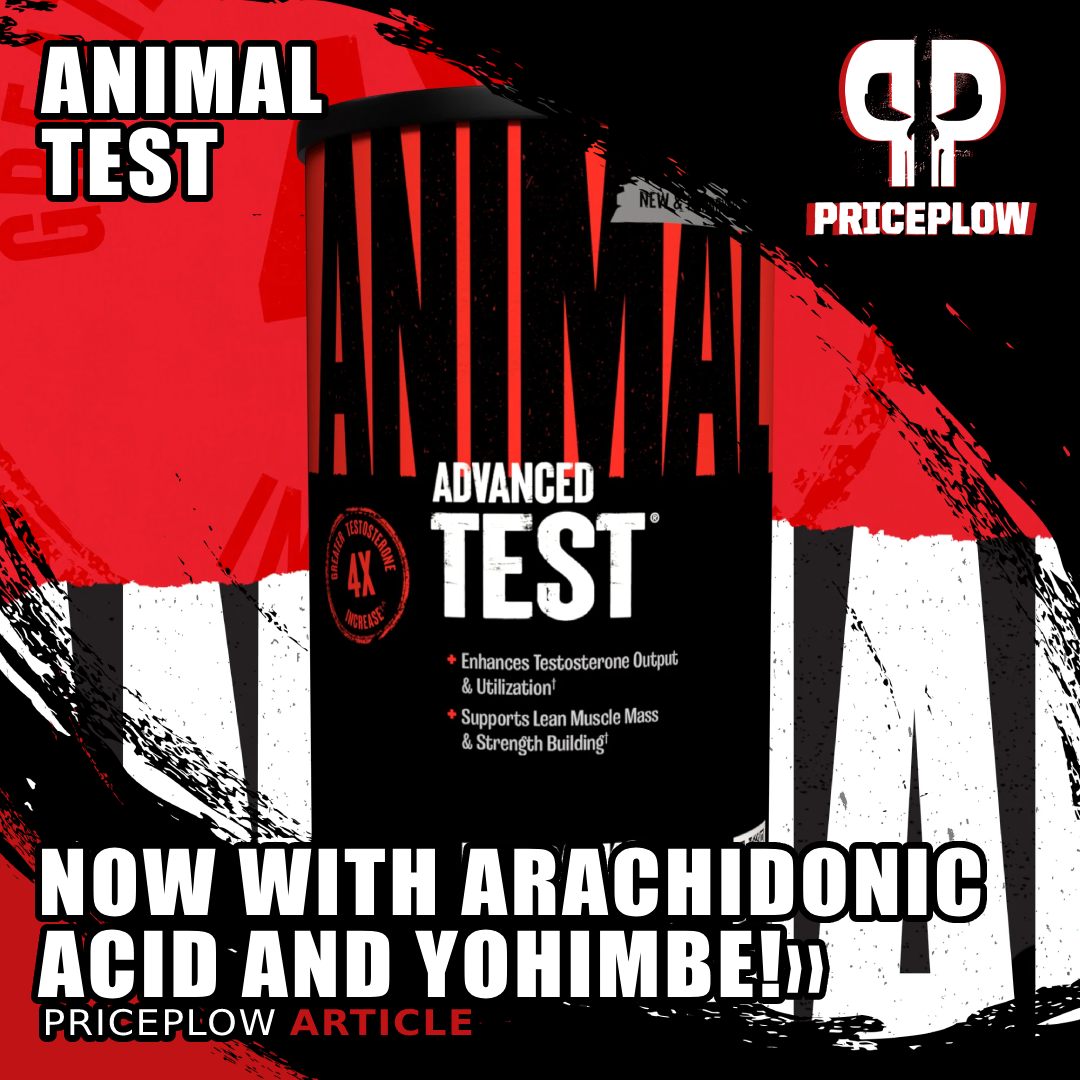
Animal Test is back and better with a new formula featuring arachidonic acid and yohimbe, enhancing performance, recovery, and vitality.
Animal Test has been a high-performing natural testosterone-boosting option in the supplement world for years, supporting hormonal balance and enhancing performance in the gym. As a pill pack, it follows the legacy of Animal Pak, providing incredible doses of ingredients to support your goals. Now, Animal Test has been reformulated to pack a greater punch and deliver even more potent results.
The updated version features arachidonic acid, KSM-66 ashwagandha, tongkat ali, and many other research-backed ingredients.
What sets this formula part from other test-booster supplements is that it does more than just provide ingredients that boost testosterone and libido. Many of the compounds in Animal Test, such as the powerful arachidonic acid, also help improve athletic performance and recovery.
Arachidonic Acid Making a Comeback!
The big story here is that Animal's bringing arachidonic acid back into the mainstream. This is a pro-inflammatory muscle builder that can be utilized as a great post-workout tool for those looking to add size. Beyond that, there's also an interesting inclusion of yohimbe in here, likely added for its pro-vitality and experiential effects.
In this article, we'll explore how each ingredient in Animal Test contributes to achieving better hormonal balance and overall fitness. Keep reading for an in-depth, science-based analysis, but first, check PricePlow's coupon-powered prices and availability:
Universal Animal Test – Deals and Price Drop Alerts
Get Price Alerts
No spam, no scams.
Disclosure: PricePlow relies on pricing from stores with which we have a business relationship. We work hard to keep pricing current, but you may find a better offer.
Posts are sponsored in part by the retailers and/or brands listed on this page.
This area is reserved for Team PricePlow's upcoming videos.
Subscribe to our channel and sign up for notifications so you catch it when it goes live!
Animal Test Ingredients
The ingredients in Animal Test are:
-
Arachidonic Acid Oil 40% Softgels - 1.25 grams
One of the leading ingredients in Animal Test is Arachidonic Acid (ArA). It is a polyunsaturated omega-6 fatty acid essential for regulating the body's inflammatory response.
Stored in cell membranes, ArA is released during intense physical activity, triggering a cascade of inflammatory responses crucial for muscle repair and growth. This process involves the production of prostaglandins, particularly PGE2, which promotes muscle protein synthesis.[1]
When muscles accumulate inflammation during a workout, it's a signal for the body to begin repair and recovery.[2] This inflammatory response also boosts blood flow to areas affected by resistance training, aiding the repair process.[3] Combined with progressive overload (increased weight or reps), this response tells your muscles to grow larger and stronger to handle greater resistance, thereby improving performance.
Research also suggests that the well-timed recruitment of inflammatory cells can support muscle homeostasis (helping maintain existing muscle mass), prevent injury, and enhance repair.[4] Thus, taking a pro-inflammatory supplement like ArA post-workout may lead to better results, according to scientific findings. Multiple studies back up these claims:
Research on Arachidonic Acid and its Effects on Muscle Size and Strength
Several studies show that supplementing with arachidonic acid can improve resistance training adaptations, including increased muscle size and strength gains.
One study published in the Journal of the International Society of Sports Nutrition demonstrated that arachidonic acid supplementation led to increased lean body mass and peak power in trained males over 50 days, compared to a placebo group. This effect is likely due to ArA's ability to increase satellite cell recruitment, which is essential for muscle growth and repair.[5]
Another landmark study in 2016 revealed that arachidonic acid supplementation significantly enhanced lean body mass (LBM), upper body strength, and peak power in resistance-trained males over 8 weeks. Participants supplementing with ArA experienced a 2.9% increase in LBM, an 8.7% improvement in bench press strength, and a 12.7% increase in peak power — all outperforming the placebo group.[6]
Some studies also suggest that arachidonic acid may help boost testosterone production,[7] though more research is needed to confirm these findings. Regardless, ArA's proven benefits for athletic performance alone make it a valuable addition to a supplement formula like this.
In addition to its anabolic properties, arachidonic acid supplementation may reduce catabolic signaling. In rodent models, ArA supplementation paired with exercise led to decreased phosphorylation of AMP-activated protein kinase (AMPK), a marker associated with suppressed muscle growth and increased protein breakdown.[8] This suggests that ArA could help maintain a favorable muscle-building environment even after intense training.
It's recommended to take arachidonic acid supplements like Animal Test post-workout to maximize muscle-building benefits while avoiding potential excessive inflammation that could occur if taken pre-workout. Excessive inflammation before a workout could cause muscles to fatigue more quickly.
Overall, arachidonic acid is a potent component of Animal Test's formula. When taken post-exercise, it may boost muscle growth, recovery, and protein synthesis.
-
KSM-66® Ashwagandha Extract (Withania somnifera) (root) - 600 mg
Another cornerstone of the reformulated Animal Test is 600 mg of KSM-66 ashwagandha. KSM-66 is the most well-researched ashwagandha extract, making it a reliable inclusion in Animal Test. Plus, 600 milligrams is a clinically validated dosage.
One major advantage of KSM-66 in this formula is its ability to increase testosterone levels in healthy males. In a double-blind, placebo-controlled study, participants who supplemented with 600 milligrams of KSM-66 daily for eight weeks saw a 15% increase in testosterone levels compared to the placebo group.[10]
Modulating cortisol levels
Ashwagandha's impact on cortisol levels demonstrates its potential to regulate stress and enhance athletic performance. Cortisol is the body's primary stress hormone. Ashwagandha helps manage stress by modulating the hypothalamic-pituitary-adrenal (HPA) axis, which regulates the body's stress response and releases cortisol.[11] By modulating the stress response, ashwagandha helps prevent cortisol levels from rising too high, supporting overall well-being.
Also known as Withania somnifera, ashwagandha is the dietary supplement industry's most prominent adaptogenic herbs. Image courtesy Wikimedia Commons.
Ashwagandha's ability to mitigate the effects of chronic stress provides additional health benefits. Chronic stress can impair muscle recovery, promote fat storage, and lower testosterone levels.[12-14] This means that individuals dealing with high stress may experience improvements in each of these areas when using ashwagandha.
Several clinical studies have demonstrated the efficacy of KSM-66 in lowering cortisol and enhancing various aspects of health and performance. In one study, participants taking 600 mg of KSM-66 daily experienced a significant 30.5% reduction in cortisol levels over 60 days compared to a placebo group.[15]
Beyond its hormone-balancing and stress-regulating properties, a meta-analysis of 41 studies showed that ashwagandha supplementation can alleviate anxiety and fatigue while improving sleep.[16] Sleep is especially important here because studies have shown that sleep deprivation can significantly lower testosterone levels.[17]
In summary, including ashwagandha in this formula offers numerous benefits for testosterone production, as well as overall health and well-being.
-
Stinging Nettle (Urtica dioica) (root) - 600 mg
Stinging Nettle, or Urtica dioica, is a versatile herb with unique abilities that help support healthy testosterone levels.
Stinging nettle contains lignans like 3,4-divanillyltetrahydrofuran (DVTHF), which reduce the activity of human sex hormone-binding globulin (SHBG).[18,19]
SHBG is a protein that binds to hormones like testosterone, rendering them inactive. The problem is that SHBG binds more readily to testosterone than it does to estrogen, which can lower your free testosterone levels and throw your hormone balance off. This is how we often see low free testosterone numbers, even if total testosterone is fine.
The incredible-looking Stinging Nettle (Urtica Dioica) plant with even more incredible effects. Image courtesy Wikimedia
The lignans in stinging nettle reduce SHBG's binding activity, allowing more free testosterone to circulate in the body and enhancing its anabolic effects.[18,19]
Managing your free testosterone levels is essential. While total testosterone gives you a partial glimpse into your hormone levels, free testosterone better reflects your potential for virility and strength. Studies also suggest that free testosterone levels can provide a better indicator of androgen deficiency in men.[20]
As an extra benefit, stinging nettle also acts as a 5-alpha-reductase inhibitor, which means it helps prevent the conversion of testosterone into dihydrotestosterone (DHT).[21,22]
This is crucial because elevated DHT levels are associated with unwanted side effects such as prostate enlargement and hair loss.[21,22]
Overall, it's another great ingredient to have in Animal Test to support healthy testosterone balance and improve general health and well-being.
-
Fenugreek (seed) - 250 mg
Fenugreek, widely known for its testosterone-boosting properties, is added to Animal Test at 250 milligrams per serving. Studies have shown that fenugreek can significantly increase both total and free testosterone levels.[23,24]
In a randomized, placebo-controlled study involving 60 healthy males, supplementing with fenugreek over eight weeks increased free testosterone substantially compared to the placebo group.[24]
As discussed briefly in the previous section, free testosterone is crucial as it is biologically active and not bound to sex hormone-binding globulin (SHBG). This makes it more effective for promoting muscle growth and other anabolic activities. Plus, this goes well with the effects of stinging nettle, which also reduces the binding of SHBG.
Fenugreek's benefits extend beyond just testosterone enhancement. It also has anti-aromatase properties, meaning it can inhibit the enzyme responsible for converting testosterone into estrogen.[25,26] This helps maintain a favorable testosterone-to-estrogen ratio, which is vital for optimizing body composition and reducing the risk of estrogen-related side effects such as water retention and fat gain.
-
Tongkat Ali Extract (Eurycoma longifolia) (root) - 200 mg
Tongkat Ali, also known as Eurycoma longifolia or Longjack, is a popular herb with a long history of use in traditional medicine for its benefits as an aphrodisiac and for enhancing male reproductive health. It also has a growing body of scientific support for its testosterone-boosting and vitality-enhancing properties.
A notable study in 2012 revealed that Tongkat Ali supplementation increased sperm motility by 44% and improved libido by 14%, showcasing its effectiveness in supporting male fertility and sexual health.[27]
In a 2016 systematic review, it was shown to be effective in treating male hypogonadism, a condition characterized by low testosterone levels. Other studies have demonstrated testosterone increases of up to 37% in stressed individuals, suggesting that it may help combat the negative effects of stress on male hormones.[28,29]
Additionally, a meta-analysis from 2017 highlighted the herb's promising role in increasing testosterone levels.[30] That said, the analysis did mention that we need more research to fully confirm these effects, but it's very promising nonetheless.
Beyond its hormonal benefits, Tongkat Ali has also been linked to improved body composition. Studies have shown that supplementation, combined with regular resistance training, can increase lean body mass and reduce body fat.[31]
-
Yohimbe Extract (bark) - 150 mg
Yohimbe is derived from the bark of the Pausinystalia yohimbe tree. It's a botanical extract traditionally used for its stimulant and aphrodisiac properties, and it's definitely an interesting inclusion in Animal Test!
Yohimbe's active compound, yohimbine, is known for enhancing sexual performance by increasing blood flow to the genital area, making it a popular natural remedy for erectile dysfunction (ED) and low libido.
A 2021 systematic review found that yohimbine significantly improved erectile function in ED patients, with results showing that yohimbine alone increased the likelihood of improvement by over 2 times compared to placebo.[32]
Beyond its aphrodisiac effects, yohimbine is also recognized for its stimulant properties. Yohimbine acts as an alpha-2 adrenergic antagonist, blocking certain receptors that inhibit the release of norepinephrine. This action can increase energy levels, boost adrenaline, and potentially enhance athletic performance, particularly in activities requiring short bursts of power like sprinting.[33]
These stimulant effects may also help with weight loss by promoting fat breakdown and increasing energy expenditure.
A study in 2006 examined the effects of yohimbine supplementation on body composition and exercise performance in 20 professional soccer players. Participants received 20 mg of yohimbine daily for 21 days. Results showed a significant reduction in body fat percentage (from 9.3% to 7.1%) and fat mass in the yohimbine group compared to the placebo group.[34]
Unfortunately, we're not sure what the standardization of yohimbe is here, and we assume the active amounts of yohimbine will be far less than the study above.
-
Winged Treebine Extract (Cissus quadrangularis) (leaf) - 250 mg
Cissus quadrangularis, commonly known as Winged Treebine, has long been used in traditional medicine to support bone and joint health.
Recent research has highlighted its benefits for athletic performance and recovery. One study found that Cissus quadrangularis significantly reduced joint pain and improved joint function in athletes, particularly those undergoing intense training or suffering from joint discomfort due to overuse.[35]
Additionally, the Cissus may support bone health, with some studies linking it to aiding the healing process of fractures and improving bone density.[36] This could benefit athletes since some research suggests improved bone density can reduce the risk of injury.[37]
-
Grapefruit (peel) - 250 mg
Grapefruit peel extract is a unique addition to Animal Test, primarily known for its potential to enhance the bioavailability of various compounds and support weight management.
Grapefruit peel extract is specifically rich in narigin, which is known to inhibit enzymes such as CYP3A4 and P-glycoprotein.[38] Those enzymes are involved in the metabolism and breakdown of several compounds in the body. This can help prolong the presence and boost the bioavailability of ingredients like yohimbe, ashwagandha, and arachidonic acid, making them more effective.
In addition to its bioavailability-enhancing properties, grapefruit peel extract has been linked to metabolic benefits, including improved lipid metabolism and reduced oxidative stress.[39] Studies suggest that naringin may support healthy cholesterol levels and reduce fat accumulation by enhancing lipid oxidation and thermogenesis.[40]
This makes it an even more valuable ingredient in a testosterone-boosting formula like Animal Test, as it can help support lean muscle growth and overall metabolic health during intense training.
-
Japanese knotweed extract (Polygonum cuspidatum) (root) - 100 mg
Japanese knotweed extract (Polygonum cuspidatum) is primarily known for its high resveratrol content, a powerful antioxidant with several health benefits.
One of its most significant benefits is that it helps reduce oxidative stress and supports cellular health, which can be particularly beneficial for athletes and bodybuilders who experience oxidative damage from intense training.[41]
A study in 2021 investigated resveratrol's impact on recovery from exercise-induced muscle damage (EIMD) in untrained males. Participants took 500 mg or 1000 mg of resveratrol daily for 10 days before undergoing intense plyometric exercise. The resveratrol groups had reduced muscle soreness, reduced muscle damage biomarkers (creatine kinase and lactate dehydrogenase), and better anaerobic performance than the placebo group.[42]
-
BioPerine® (Black Pepper Extract (fruit)) - 5mg
BioPerine is a patented black pepper extract standardized to contain 95% piperine, the active compound known for enhancing the bioavailability of various nutrients and supplements. It has a similar purpose as grapefruit peel extract in this formula.
Studies show that BioPerine can increase the absorption of nutrients such as curcumin, resveratrol, and CoQ10 by inhibiting metabolizing enzymes and enhancing their uptake in the intestines.[43,44] That means it could help you absorb the Japanese knotweed extract in this formula since it has high resveratrol content.
Plus, while there aren't direct studies linking BioPerine to help with the absorption of other ingredients in this formula, it could still help with some, so it's not a bad extra addition.
Conclusion: Yohimbe and ArA in a Test Booster!
Overall, Animal Test is a well-rounded option with significant research backing this combination of ingredients. You get the benefits of recovery and performance enhancement with arachidonic acid and the potential testosterone-boosting and hormone-balancing effects of many other ingredients like ashwagandha and fenugreek.
We're very interested to see how strong the yohimbe is - the dose is rather large, but it will come down to the standardization. This should be quite an experiential test booster!
If you're looking for something that can help you manage your hormone levels or improve your performance in the gym, we recommend trying Animal Test to see what it can do for you.
Universal Animal Test – Deals and Price Drop Alerts
Get Price Alerts
No spam, no scams.
Disclosure: PricePlow relies on pricing from stores with which we have a business relationship. We work hard to keep pricing current, but you may find a better offer.
Posts are sponsored in part by the retailers and/or brands listed on this page.

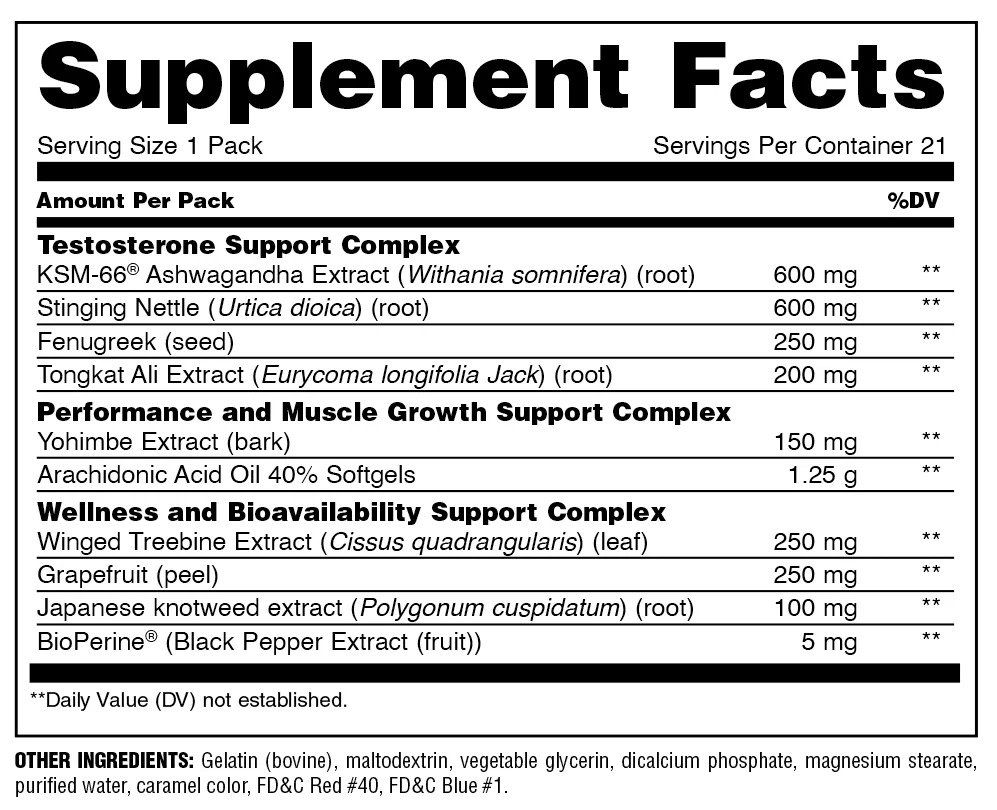
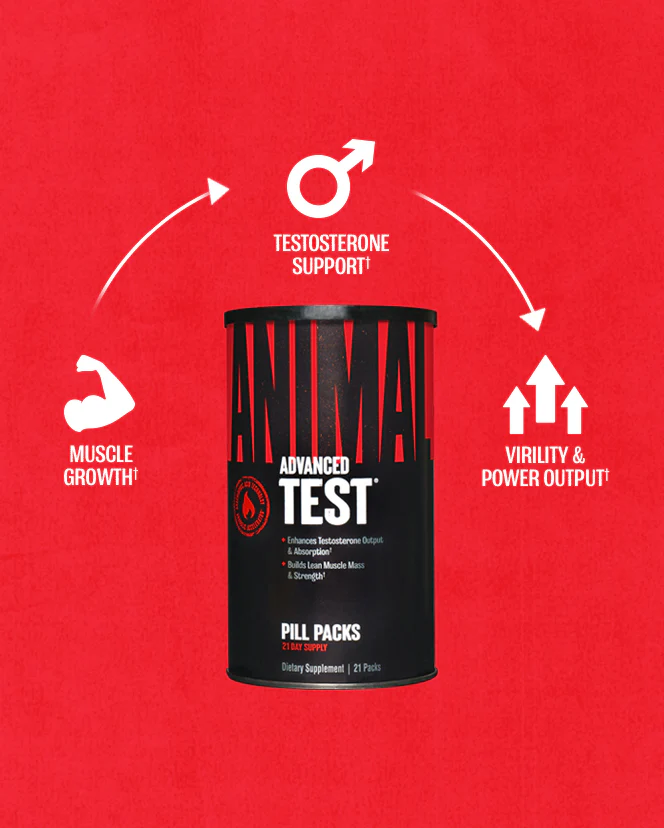
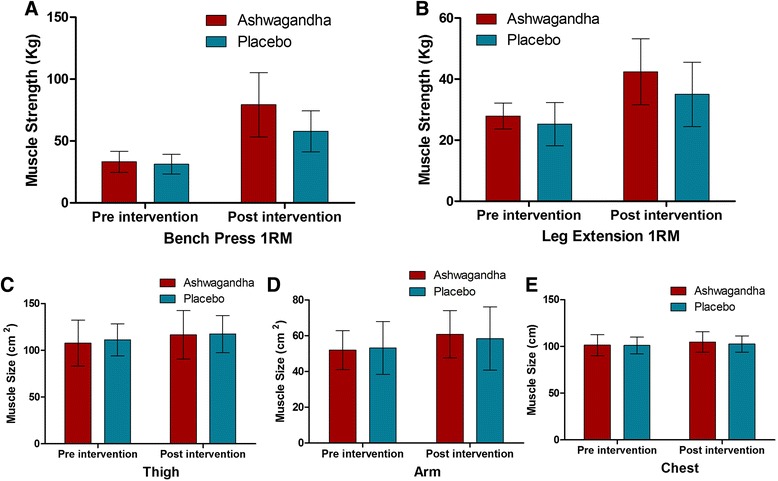
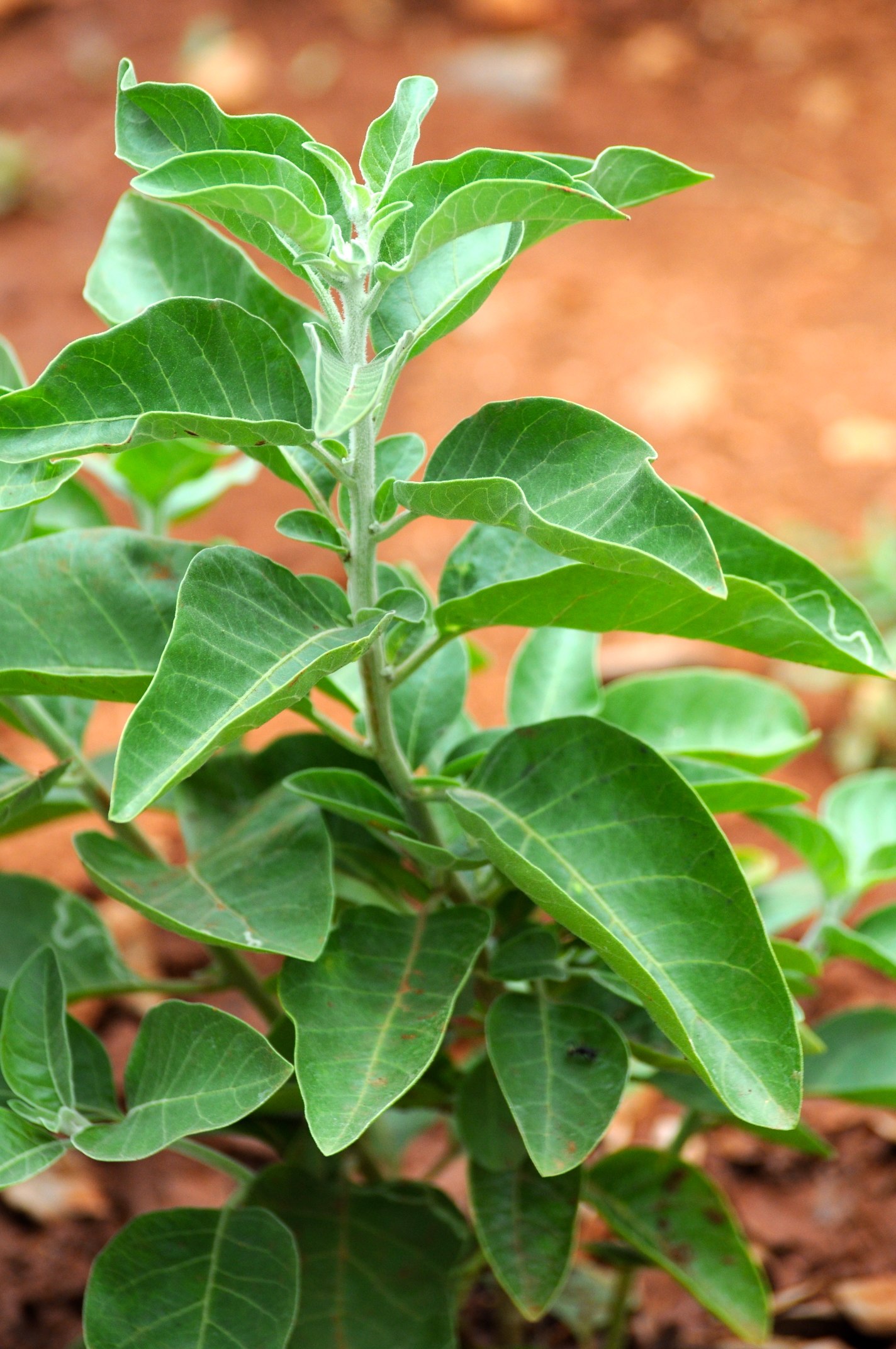
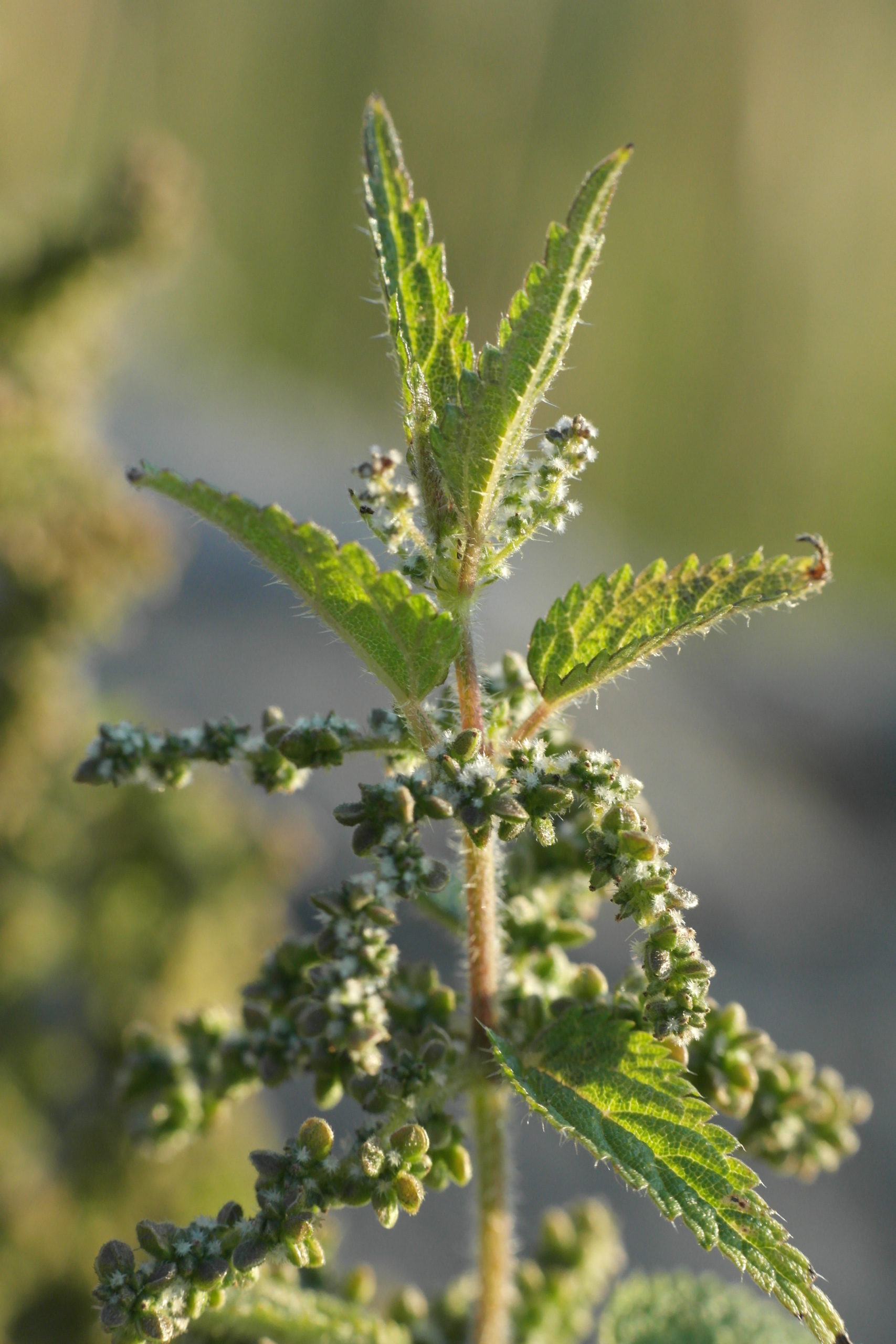
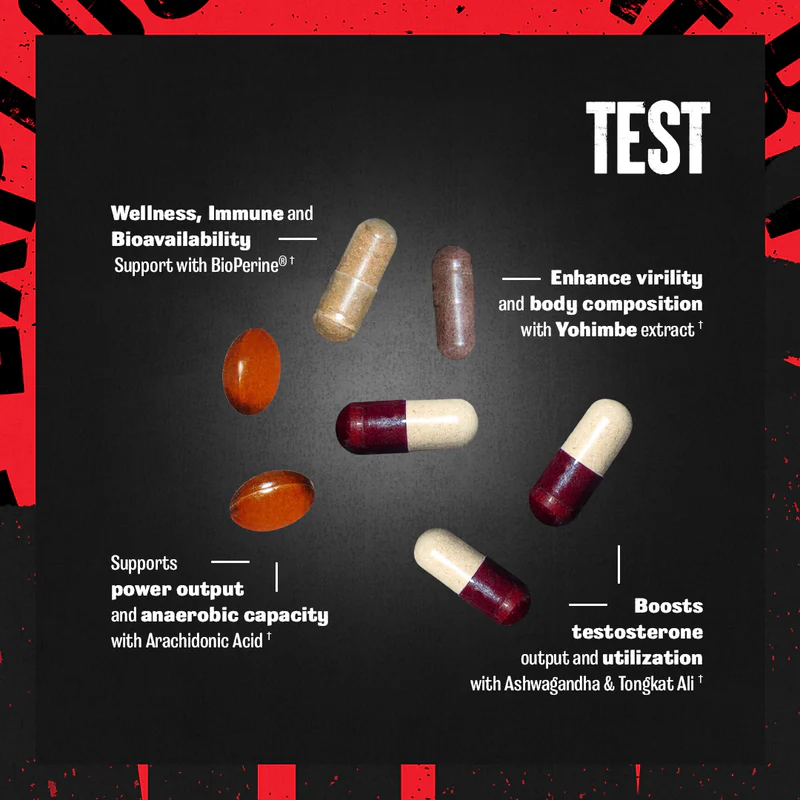
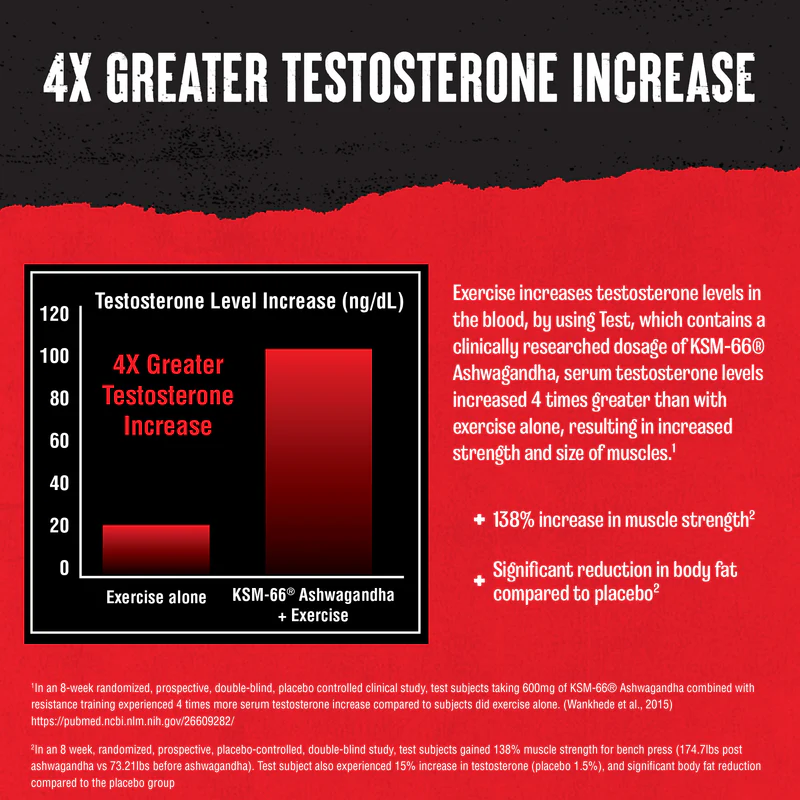
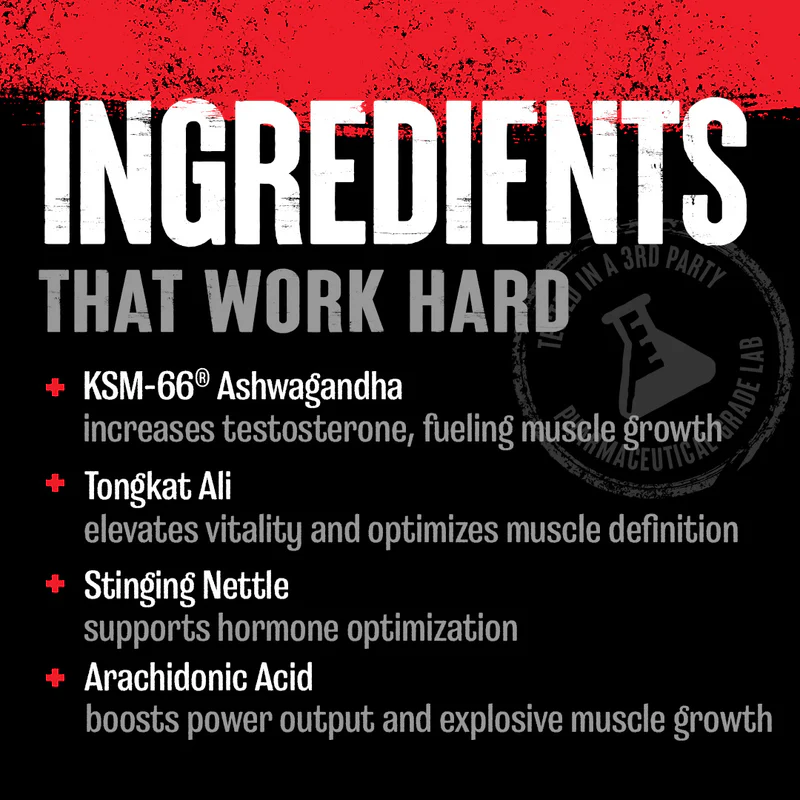
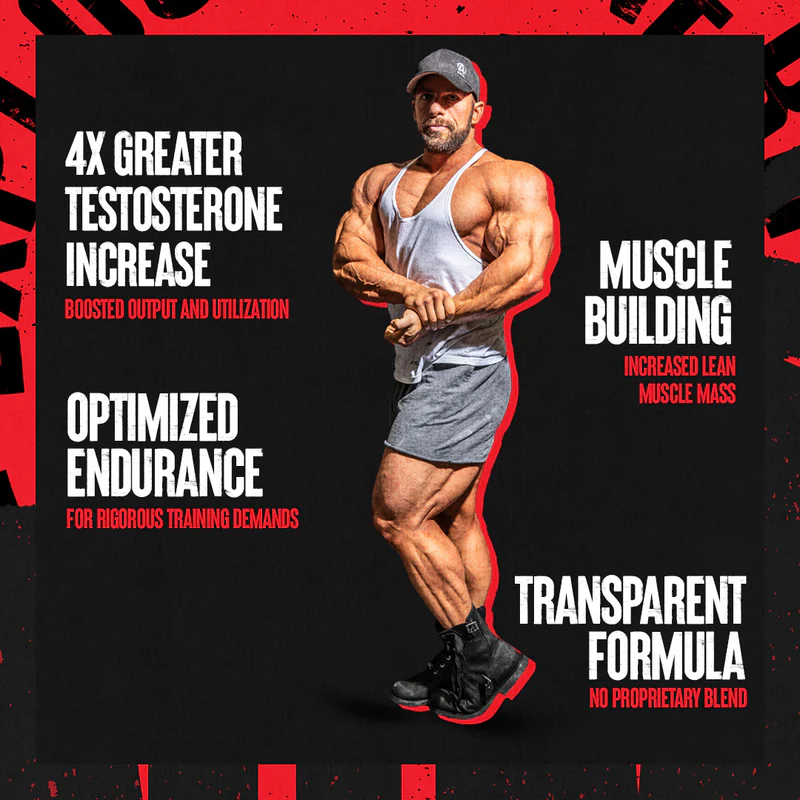
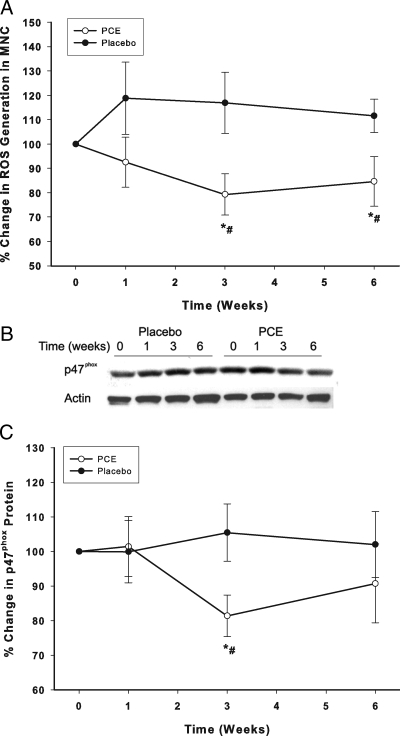
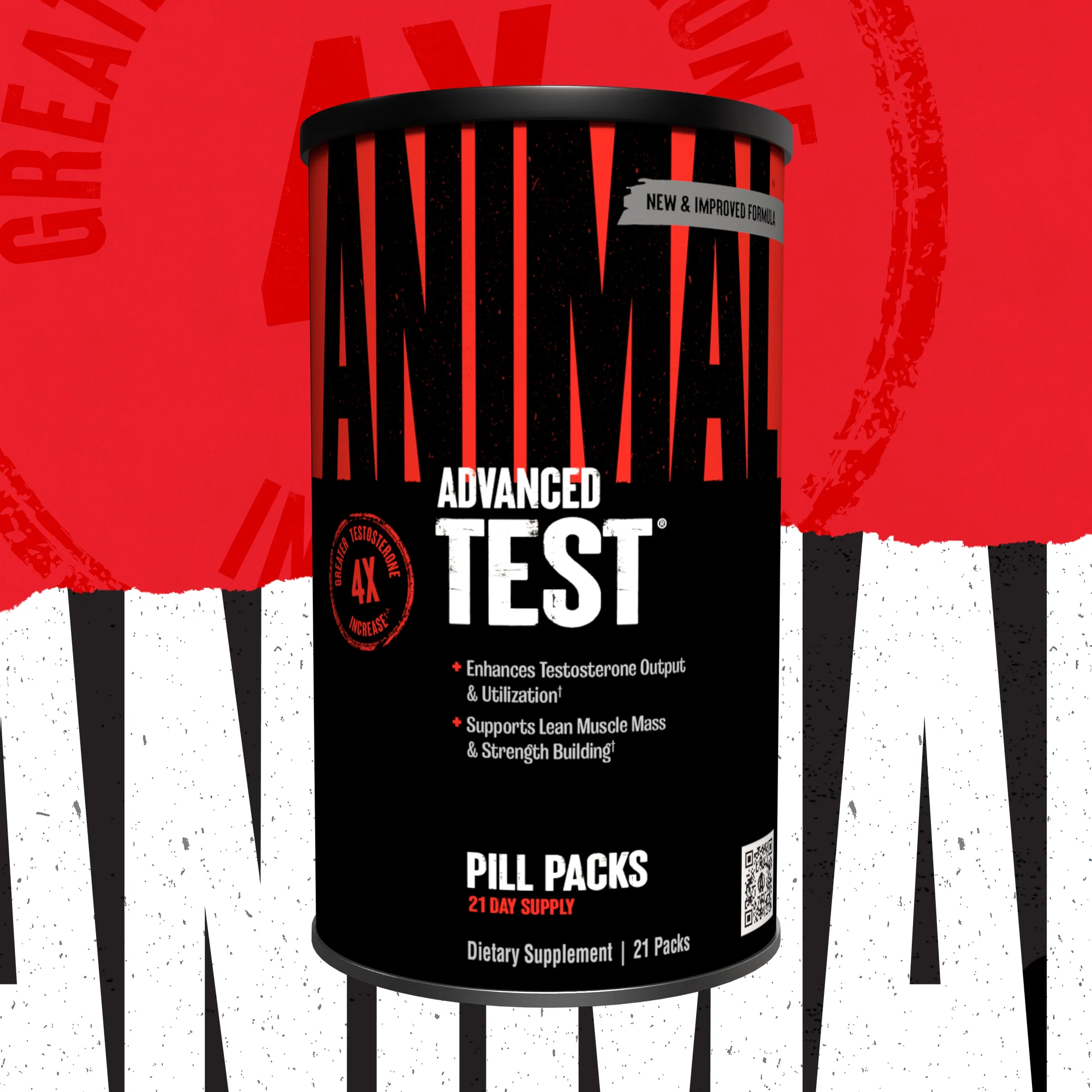


Comments and Discussion (Powered by the PricePlow Forum)